It is April again, which tends to be our worst month of the year for severe weather.
Whether you're looking at Alabama or Tennessee, it is easy to see that most the tornadoes happen between March, April, and May. And then we have another peak in November most years. April is when the atmosphere tends to get the most volatile, as a rule.
In the past I tried to give a really comprehensive set of safety guidelines. And a meteorologist from the National Weather Service actually made fun of that in an e-mail to me one time, after I'd argued with him about whether getting into a car for shelter was better than getting caught in a mobile home. The traditional advice was always to find a low spot like an unflooded ditch or culvert, and I still think that is a better option than trying to shelter in a car, which some people started saying was a good idea after some research from Kent State in about 2009 or 2010.
So anyway, I'm just going to wing it for this one.
Here is what I think is most important.
You need a reliable way to get the alerts. At the very least, have WEA enabled on your cell phone. That will get you Tornado Warnings, but it usually will not get you a Severe Thunderstorm Warning.
For a thunderstorm to be severe, it has to either produce winds of at least 50 knots (which is 58 miles per hour) or hail at least one inch in diameter (that's the size of a quarter).
A "watch" means conditions are becoming favorable for severe weather within the next few hours. A "warning" means that severe weather is thought to be already occurring, or will occur shortly, in the warned area.
Warnings are usually not issued for entire counties, anymore. They are issued as polygons that usually only cover a smaller part of a county, based on where the storm is tracking.
Don't rely on an outdoor siren. If it helps you, great, but it should never be your primary source.
The best options are a NOAA Weather Radio and a phone service called WeatherCall that has stood the test of time.
Modern weather radios do require programming, but it is a lot easier than it looks at first. You can do it. And another tip, you might want to keep batteries in it, because every once in a while, the winds might knock the power out before a warning is issued for your county. I've had that happen before, where the weather radio let me know about a Tornado Warning when the lights had gone out, and I was asleep.
The basic guidelines for taking shelter are:
* Stay away from windows.
* Get to the lowest floor.
* Get into a smaller room such as a bathroom, closet, or hallway.
* Try to be as near the center of the house as you can, some walls between you and the outside.
* If you have time, grab something or get up under something to protect your body in case of flying or falling debris. It is especially important to protect your head.
* Don't stay in a mobile home (i.e. manufactured home, trailer) if a tornado is coming at you. Even for a Severe Thunderstorm Warning, it is better if you can plan head to be in a sturdier house before that storm arrives. But in a tornado, staying in a mobile home is often a deadly mistake, as they can be easily turned over or thrown by the winds of a tornado. A house that is properly anchored down to the ground is not nearly as vulnerable.
* Try not to get caught in a car either, if a tornado is coming at you. It's best if you can pull over and get into a sturdy building, even if it's just a little restaurant or gas station. But as a last resort, I would follow the time-honored advice of finding an unflooded culvert or ditch to lie in, or even a flat spot on the ground, and cover your head and neck the best you can in case of flying debris.
* Remember that most of our tornadoes are rain-wrapped, from "high-precipitation supercells". Which means you probably aren't going to see or hear it before it gets to you. That's why it's important to take a Tornado Warning seriously and get to that safest part of a properly-built house on the lowest floor, even if it only looks like it's raining outside, and the weather doesn't seem all that bad. Once in a while you can see a tornado around here, or hear it before it rolls over you, but it is not worth the risk. Usually you're not going to. And that warning gives you about five minutes to get to a place of safety, sometimes longer if the storm has a long track.
* But you do need to be able to get to your safe place within five minutes of getting a warning. Take your phone, tablet, or laptop (or whatever . . . old-fashioned battery radio is also fine) with you and gather more information from your shelter. But don't waste any time getting to safety.
Another thing to mention as a footnote is that if you have an actual storm shelter, of course that is the best, and you can pretty much ignore all this other advice. But even in a basement that is partly under the ground, sometimes it can help to keep other things in mind. Every once in a while, things can fall from upstairs when a tornado hits. And getting up under something like a table, desk, or set of stairs could be what helps a person avoid injury from something like that. A little good sense goes a long way. Usually you'll only need about half or a third of the precautions you take. One time I lived in a house that was hit by an F-4 (or if I want to be proper and modern, EF-4) tornado after I no longer lived there. And you better believe, if I still lived there, I would have gotten into that closet in the center of the apartment and covered up with everything I had. Some houses nearby were completely blown apart, to the point it looked like somebody had bombed the neighborhood. (And by the way, Theodore Fujita, who invented the F-Scale along with Allen Pearson, first got interested in tornado damage because he survived the bombing of Japan in World War II.) But the apartment in an old house that I had shared with my brothers was damaged but intact, a lot like that church in Piedmont, Alabama that was hit in the early 1990's during an Easter play. I remember Brian Peters (who worked for the Weather Service in Birmingham at the time) saying that even though there was damage to the smaller, more interior rooms of that church building, people's lives could have been saved if they had known of the danger and gotten into those places. By the way, an F-4 is a rare event. It's only about 2% of all tornadoes that end up being rated E/F4-F5. So one tornado out of fifty might become that unusually damaging. Yet when I drove by to see the damage to the place we used to live, I was surprised to find that our apartment in the center of the other two held up pretty well. Most of the roof was gone, but a few parts of the roof were left in the very center. And if my brothers and I had still lived there, we probably would have been fine if we'd only been in that central bedroom, without even getting in the bedroom closet or taking any extra measures like covering up with blankets or wearing a helmet, like a lot of people do (especially for kids) to protect the head.
And it's always good to take the most precautions you can. Most of the time though, the basics will be what saves someone from serious injury or death. Those extra precautions can save a life every once in a while. For example, in an F-5 tornado that levels an entire house, someone could still survive by something as simple as hearing a football or bike helmet, since most fatal injuries from a tornado affect someone's head or neck.
If you do have a storm shelter or something like a basement, please consider sharing it with your neighbors, at least the ones you know you can trust. And let them know when the weather is dangerous and that they are welcome.
A lot of people have to rely on public shelters. There are a lot of them in Alabama, and there is even one at Sportsman's Lake in Cullman that allows pets now. (They still have to be in a carrier, for safety reasons.) Here is a pretty good list for North Alabama and one for Central Alabama.
And you know, these can really be lifesavers for people who live in mobile homes but don't have any helpful neighbors or family they can count on.
Sadly, maybe because they were not as impacted by the April 2011 outbreak, public shelters can be hard to come by sometimes in Tennessee. But one of the Nashville stations has put together a site that lets people know when shelters are open. Some places, like a school or church, might only open as a shelter on a short-term basis. And when they are open, they should show up on this site.
The best bet for knowing where public shelters are near you is to contact your local EMA office. It is not something you call emergency for, but call ahead of time, on a calm day, so that you can make those plans. Or sometimes you can find the information online now, without having to call them directly. Here is a directory for Alabama and also one for Tennessee.
And if you don't know what county you live in, then you need to learn. It's also a good idea to know the counties around you. Most storms are going to approach you from the West or Southwest, so at least take a look at those.
You can find lots of good maps on www.geology.com.
These are probably the most useful.
But if you live in Northwest Alabama, or somewhere like Waynesboro in Wayne County, Tennessee, then you might want to learn some of the counties back in Mississippi too. And know what cities are in what counties. It makes it a lot easier to understand the text of warnings, which you can read online or hear on your weather radio. The school systems teach a lot of large-scale geography, but it's amazing how many people don't know where they live, or what counties or towns they live close to. And that can really come in handy when it comes to watching severe weather. So you can educate yourself.
And that's about all I've got. Did not try to write some kind of thesis. And I may edit this later since it is disorganized. But this is probably enough for someone to read over and get some good out of.
Hopefully you never get hit with a tornado or a really damaging thunderstorm. The odds of getting hit directly are low, even on one of the worst severe weather days, the risk is relatively low. But it does happen to people. It's happened to a lot of people I know. And I've had a few close calls of my own. To ignore it in this part of the world would be as silly as if people in California didn't think at all about earthquakes or wildfires. You hope your number never comes up for such an unpleasant event, but if it does, it sure helps to be prepared with at least the basics of how to protect yourself and the people you love.
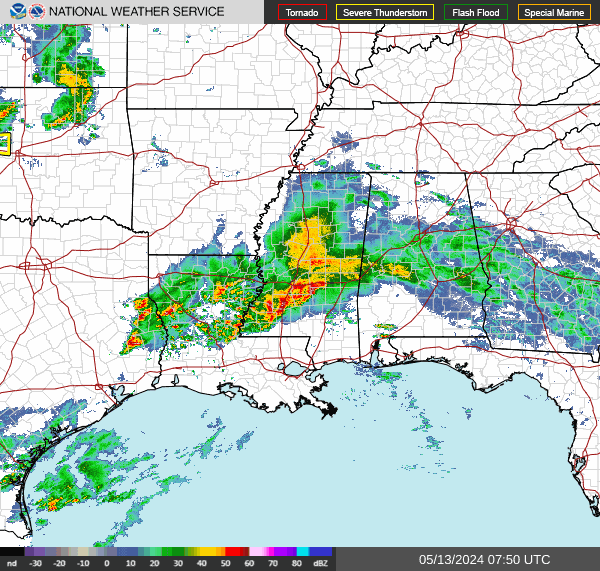



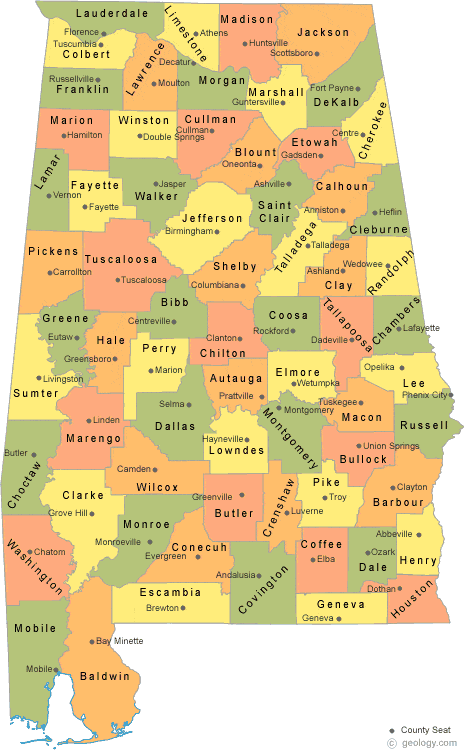
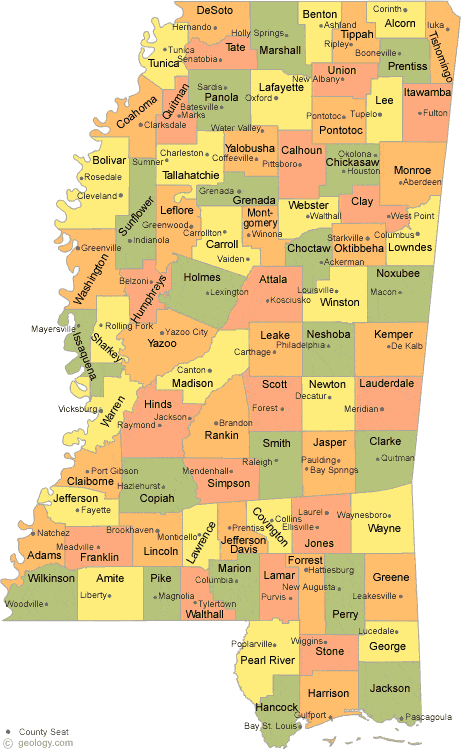
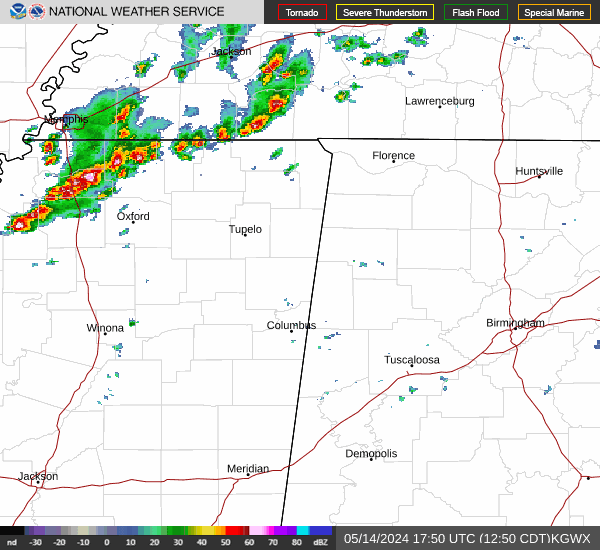
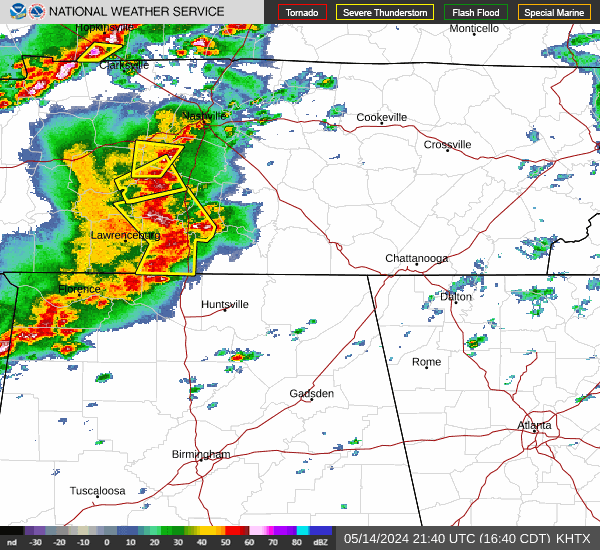
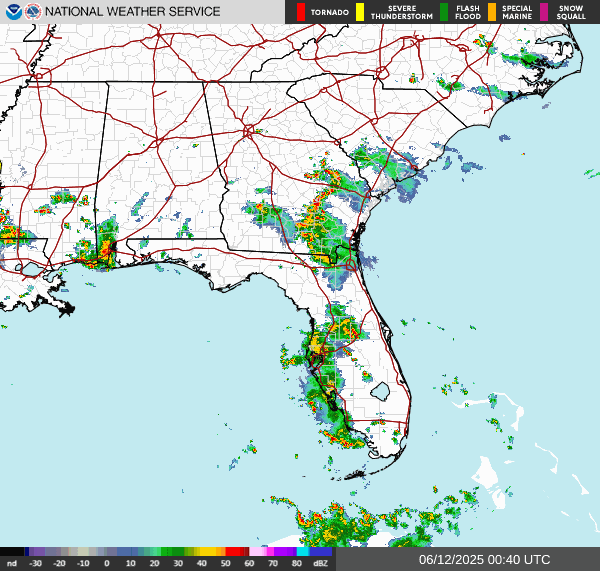
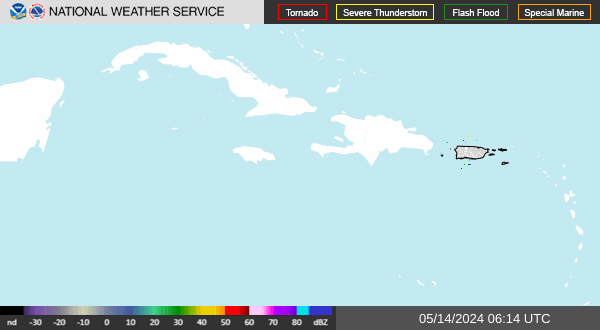




No comments:
Post a Comment